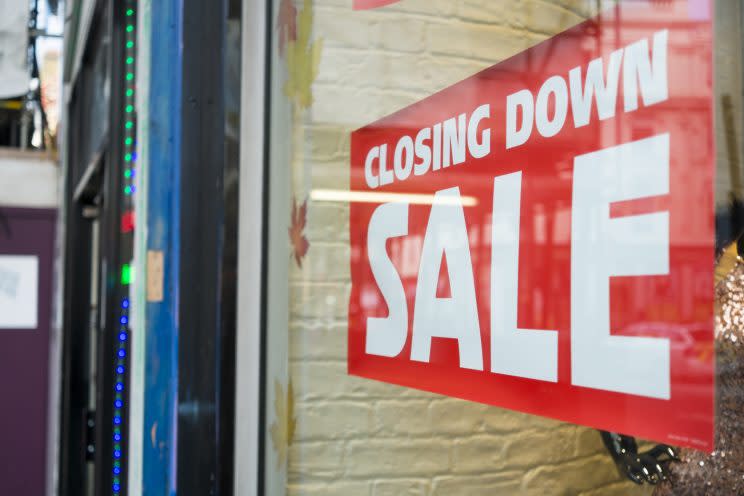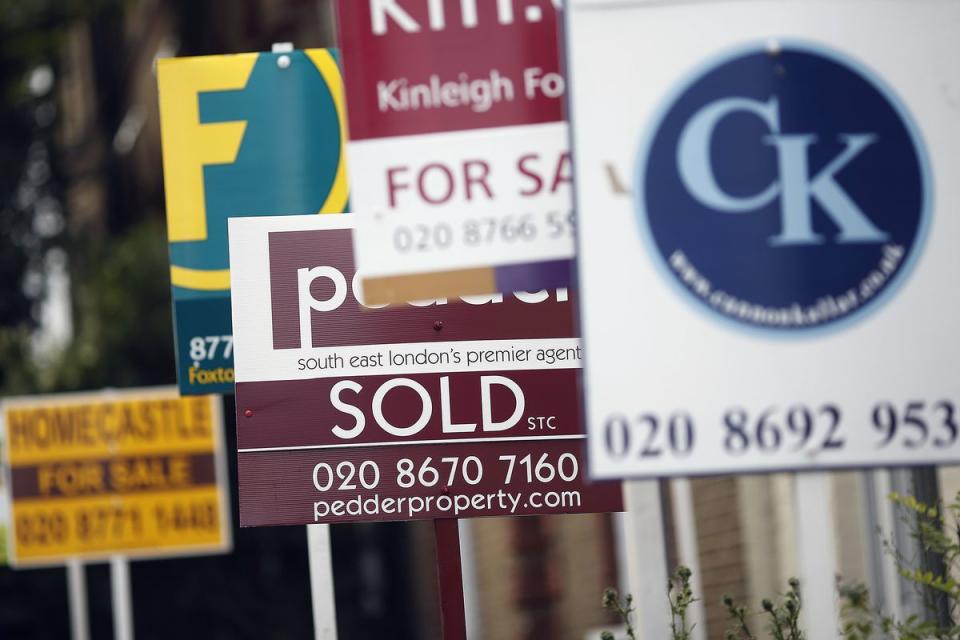'Significant' financial stress putting 330,000 UK businesses at risk of going bust

The number of businesses suffering “significant” levels of financial distress is increasing at the fastest rate in three years, with huge numbers of British firms at risk of going bust, a report has revealed.
Insolvency firm Begbies Traynor’s “Red Flag Alert” report for the second quarter of 2017 showed that 329,834 UK companies are in some form of financial distress, a 25 per cent increase from that point last year.
MORE: Revealed: How much the biggest earners make in the capital, by industry
The insolvency specialists said continued uncertainty over Brexit was contributing to the distress, which is mainly affecting small and medium enterprises.
“Our Red Flag research shows that a recent loss of momentum in the economy is putting increased financial pressure on UK businesses, with SMEs bearing the brunt of this rising distress, as businesses contend with uncertainty over Brexit negotiations and an inconclusive election result, alongside rising costs,” said executive chairman Ric Traynor.
MORE: UK won’t become tax haven after Brexit, says Chancellor
Property and construction companies saw the biggest spike in financial troubles, with rises of 32% and 22% respectively, as political uncertainty increasingly stifles the housing market. Accounting firm Moore Stephens also warned on Monday that one in five estate agents across the UK are at risk of going bust as they suffer from a consumer shift towards online firms like Zoopla.

The report comes as the UK economy is showing signs of a significant Brexit slowdown. Preliminary numbers released last week showed GDP growing at just 0.3% in the second quarter of 2017, in what the Office for National Statistics described as a “notable slowdown”.
MORE: London to defy Brexit fears with growth set to outpace European rivals
“These significant increases in financial distress also point to a slowdown in business investment at a time when the overall growth of the UK economy remains stubbornly sluggish,” said Traynor.
Among the sectors most affected by the rising distress facing British businesses are many that rely on consumer spending. Leisure companies saw a 22 per cent rise in troubles, while the number of general retailers facing distress increased by 17% and 16% more UK restaurants and bars are now similarly at risk.
Consumer spending, which has helped fuel the economy in recent years, is showing signs of slowing as the falling pound leads to increased inflation.
“As the second half of 2017 begins, it’s worrying that so many businesses, particularly SMEs, are facing such instability,” said Julie Palmer, a partner at Begbies Traynor.

 Yahoo Finance
Yahoo Finance 
